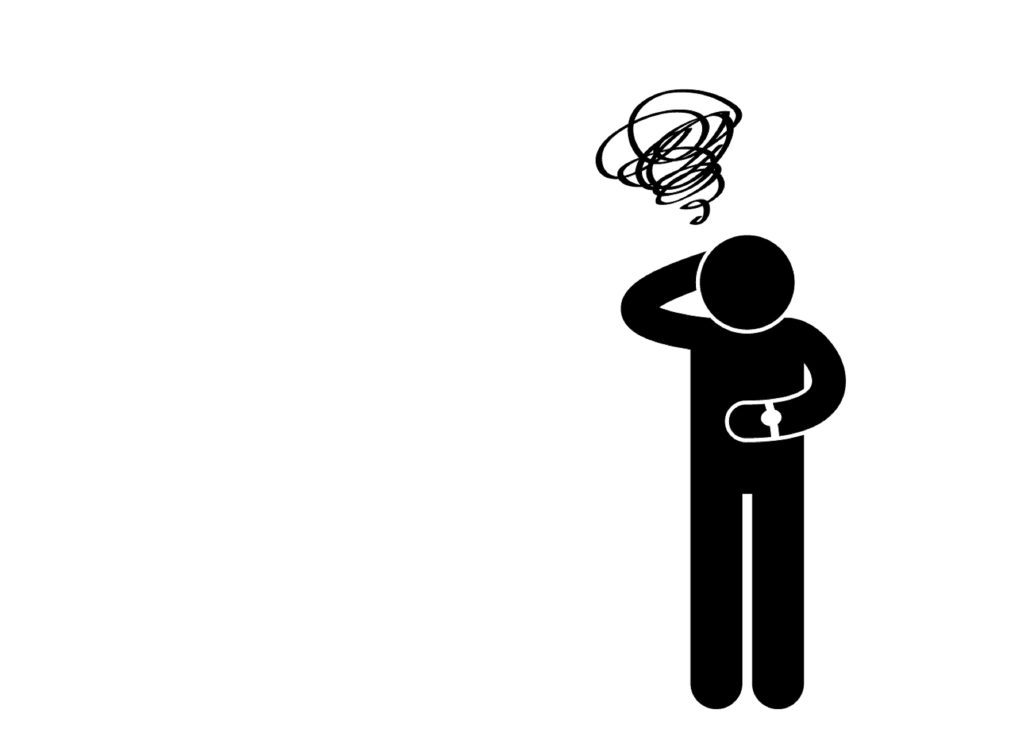How long does bankruptcy take? That depends on whether you file a Chapter 7, Chapter 13, or Chapter 11.

Chapter 7 bankruptcy
How long your Chapter 7 bankruptcy will take depends upon whether you have assets to distribute. Most Chapter 7 cases are completed quite quickly. But if you have unexempt assets, your Chapter 7 case could have a more extended timeline. Asset cases take longer. If the trustee must liquidate assets and distribute proceeds to creditors, that takes time. Your attorney should advise you before you even file whether you have an asset or no-asset case.
If all of your property is fully protected by exemption, then you will have a no-asset case. No asset cases take three months, start to finish, from filing to discharge. Other types of actions, like adversary proceedings, can delay the closure of a Chapter 7. But the vast majority of Chapter 7 bankruptcies close about 90 days after filing.
Chapter 13 bankruptcy
Chapter 13 bankruptcy allows you to propose a repayment plan that lasts from three to five years. Your household income and type of debt determine whether you have a three-year (36 months) or five-year (60 months) repayment plan. If you want to make up missed payments on a secured debt, like a home mortgage, then usually you will want to file a five-year plan.
And at the end of your plan, all remaining balances on your debts will be discharged. Chapter 13 bankruptcy is available to almost every consumer debtor, but you must have steady monthly income to qualify.
Chapter 11 bankruptcy
Individual debtors may also use Chapter 11 of the bankruptcy code. Typically, Chapter 11 bankruptcy is reserved for high earners or those with multiple real estate or business assets. If you are able to “pre-package” your case, then the process may be over in a matter of weeks. Other Chapter 11 reorganization plans last two years, five years, or even longer. Chapter 11 offers flexibility but comes with costs, too. Most consumer debtors are better served by Chapter 7 or Chapter 13.
How long does bankruptcy take?
Chapter 7 usually takes three months, start to finish. Chapter 13 takes between three and five years. And Chapter 11 can be over very quickly or take more than five years.
If timing is a concern for you, be sure to ask your attorney about your expected timeline before you even file. Note that for most credit reporting, the date of the bankruptcy filing (and not the discharge date or date of case closure) is the most important date in your case.
Your financial freedom of choice may be limited while you remain in an active bankruptcy. If you have concerns about how long your bankruptcy will take, discuss them with your attorney from the outset so he can plan your case appropriately.
